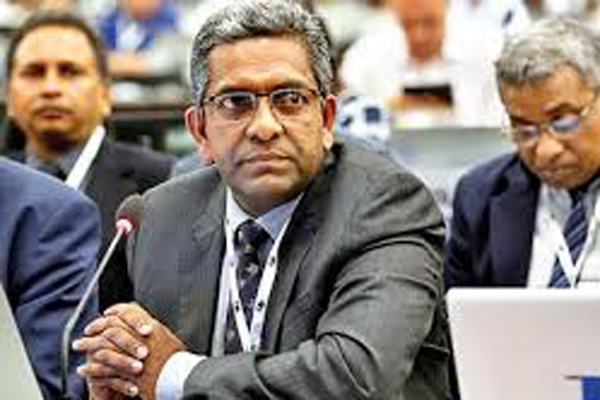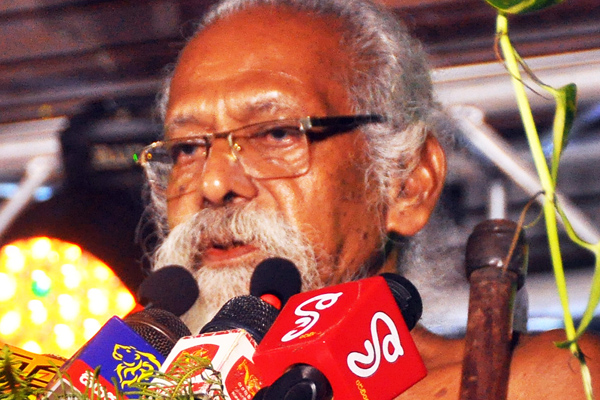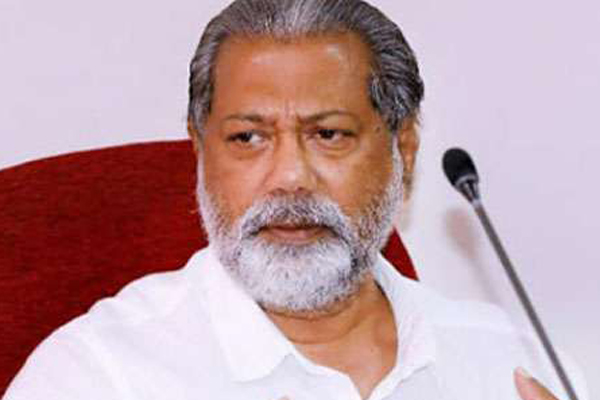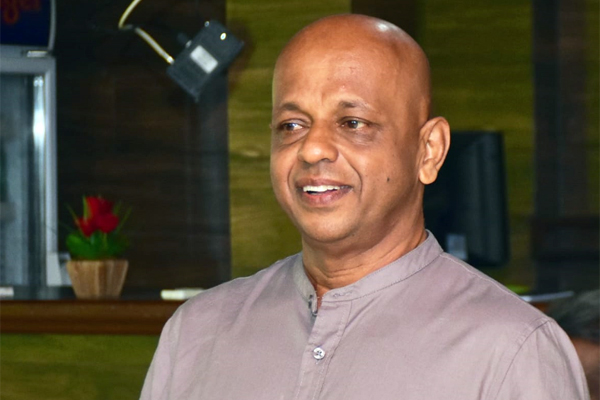The Bill for the Rights of the Adivasi (Indigenous) community was submitted to the Cabinet last week after being signed by Mr Vidura Wickramanayake, the Minister of Buddhasasana, Religious, and Cultural Affairs, and Mr Ali Sabry, the newly appointed Minister of Justice, Prison Affairs, and Constitutional Reform.
The submission of bill of a ‘Concept Paper for an Act of Parliament on the Rights’ of Adivasi communities in Sri Lanka was initially scheduled for August 12, 2024, with the regulations made by the Minister of Wildlife and Forest Resources Conservation planned to be submitted to Parliament for approval on September 30, 2024.
Mr Wickramanayake explained the delay in submitting the Bill to the Cabinet and told Timesonline that the Former Minister of Justice, Prison Affairs, and Constitutional Reform, Mr Wijeydasa Rajapakshe, had initially signed the Bill. However, after his resignation, the document was submitted with the signature of President Ranil Wickremesinghe. Subsequently, Mr Ali Sabry was appointed as the new Minister of Justice, requiring the Bill to be resubmitted with his signature.
The proposed Bill is expected to be taken up on Monday, August 26, 2024.
The bill which provides for the protection of Adivasi rights and the reform of laws addressing their issues, were sent to the Prime Minister's Secretary Anura Dissanayake, on May 9, 2024, by the Ministry of Justice, Prisons Affairs and Constitutional Reforms, and the Ministry of Buddhasasana, Religious, and Cultural Affairs and the Center of Policy Alternative in Sri Lanka led in proposing to the government to prepare the draft law to protect these indigenous rights.
Mr Lionel Guruge, the Senior Researcher of the Outreach Unit at the Centre for Policy Alternatives, told Timesonline, "This draft,created by the committee, involves 6 government departments and approximately 14 officials, including those from the Center for Policy Alternative. This process has been ongoing for more than a year,and we have held committee meetings twice a month” .
The draft was created through the collaboration of several government departments, including the Ministry of Wildlife and Forest Resources Conservation, the Attorney General's Department, the Ministry of Justice, Prison Affairs, and Constitutional Reforms, the Legislative Drafting Department, the Ministry of Buddha Sasana, Religious and Cultural Affairs, and the Mahaweli Authority of Sri Lanka, along with the Center for Policy Alternatives.
Mr Lional Guruge stated, "After President Mahinda Rajapaksa signed the United Nations Declaration on the Rights of Indigenous Peoples,(UNDRIP) on September13, 2007 there has been no significant progress in Sri Lanka.
Consequently, the Human Rights Commission invited us to draft a bill addressing this issue. Former Minister of Justice Mr Wijeyadasa Rajapakshe led the process, and initially signing the bill along with Mr Vidura Wickramanayaka, the Minister of Buddha Sasana,Religious, and Cultural Affairs before it was submitted to the Cabinet.”
The Leader of the Indigenous Community in Sri Lanka, Wanniyalaththo,told the Timesonline, "Politics is a subject I avoid discussing with others, as I have never given priority to politicians. There is no genuine politics in Sri Lanka, only a struggle for power. We cannot place our trust in any politician.Everyone talks about winning elections, but no one discusses the post election process for developing the country except for the Settlement of loans from the international organizations.”
He further added, “ No leader has ever addressed the concerns of the Adivasi people in Sri Lanka, they don't even remember us until an election is near.They have no plan to protect the Adivasi community,yet there are numerous regulations restricting our rights. We are even prevented from performing our rituals in the forests, which is deeply regrettable,"
"Recently, during the Kataragama Perahera at Sella Kataragama, one of our community members was unjustly arrested and fined 405,000 Rupees" said the Indigenous Leader Wanniyalaththo.
Other than voting for the elections, Wanniyalaththo is primarily concerned with the laws and regulations that impact his community's ability to live peacefully and practice their traditional rituals. According to him, nearly 500,000 Indigenous people reside across the island in 62 villages such as Dambana, Wakare, Pollebedda, Santhosapuram, Rathugala, and Henanigala.
When asked about Wanniyalaththo's claims, the Director General of the Department of Wildlife, Sri Lanka, Mr Chandana Sooriyabandara responded, "We are working in accordance with the common law of Sri Lanka then we cannot categorize any group as a significant community. If the law were to be amended, we could consider special provisions for the said community."
However, the count of the indigenous people claimed by the Wanniyalatto was controversial, according to the Grama Sevaka in Dabana, who has indicated the need for a proper census.
By Ishu Bandara




Leave Comments